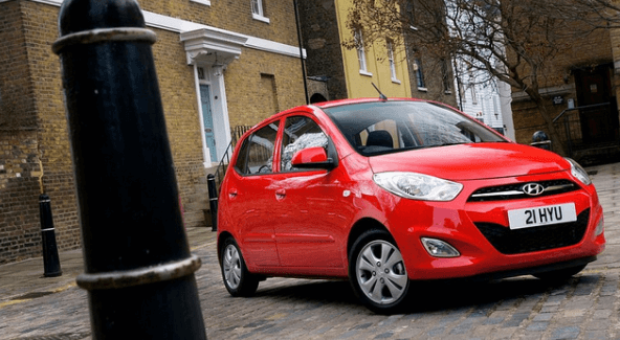
5 Things That Can Invalidate Your Car Insurance
We all know that car insurance is a necessity, but just buying a policy and considering that “job done” isn’t going to end well. While you’re going to want your pride and joy insured, you’re also going to have to take the time to keep that insurance valid.
It’s actually surprisingly easy to invalidate your car insurance; you might not even know it’s happened until you come to make a claim. Below are six of the most common reasons that people find their insurance has been invalidated — so you know exactly what you should be avoiding.
- Making Bad Driving Decisions
If you decide to drive into flood water, your insurance company are going to laugh at you making a claim for any engine damage. You have to drive responsibly for your insurance policy to remain valid. If you are found to have been driving dangerously or making bad decisions, no insurance company is going to pay out.
- Being Untruthful On The Policy
If you exaggerate when it comes to your no-claims bonus or how long you have had coverage, and your insurer finds out, then your policy will become invalid. It’s simply not worth it to be mendacious when you buy insurance. Always keep in mind the fact you may one day be asked to verify your details and, if you can’t, then your insurance will be declared null and void.
- Modifications and Repairs (If You Don’t Inform Your Insurer)
If you make any modifications or take your car in for auto repair without informing your insurance, they may use this as a reason not to pay any claims. Informing them of any changes to your vehicle doesn’t need to be a long, drawn-out process; a quick phone call should do it. They will likely rubber stamp the decision and nothing will change with your policy — and you’re guaranteed to be covered.
- Getting Your Mileage Estimate Wrong
If you declare that your mileage is only going to be 10,000, and you’ve racked that up after six months, then you need to call your insurer. While small discrepancies won’t matter — most insurers will allow you a 1,000 mile grace amount — but if your mileage is going to be drastically different, then tell your insurer. They will likely have to adjust your policy and you may incur extra charges, but this is still cheaper than needing to make a claim and suddenly finding yourself without coverage.
- Using Your Car For Business Purposes
Finally, there are restrictions on what you can do with your car in regards to business usage. While you can use your car for your commute, if you want to deliver parcels or any similar kinds of jobs, then you need to declare this on your insurance. If you have an accident during business usage and your insurer finds out, they’ll void your policy in a heartbeat.
As a general rule, if you have any questions regarding your usage of your car, then ask your insurer if it’s allowed. It’s better to know upfront than to assume everything’s fine, only to discover the opposite is true if you come to make a claim.




















